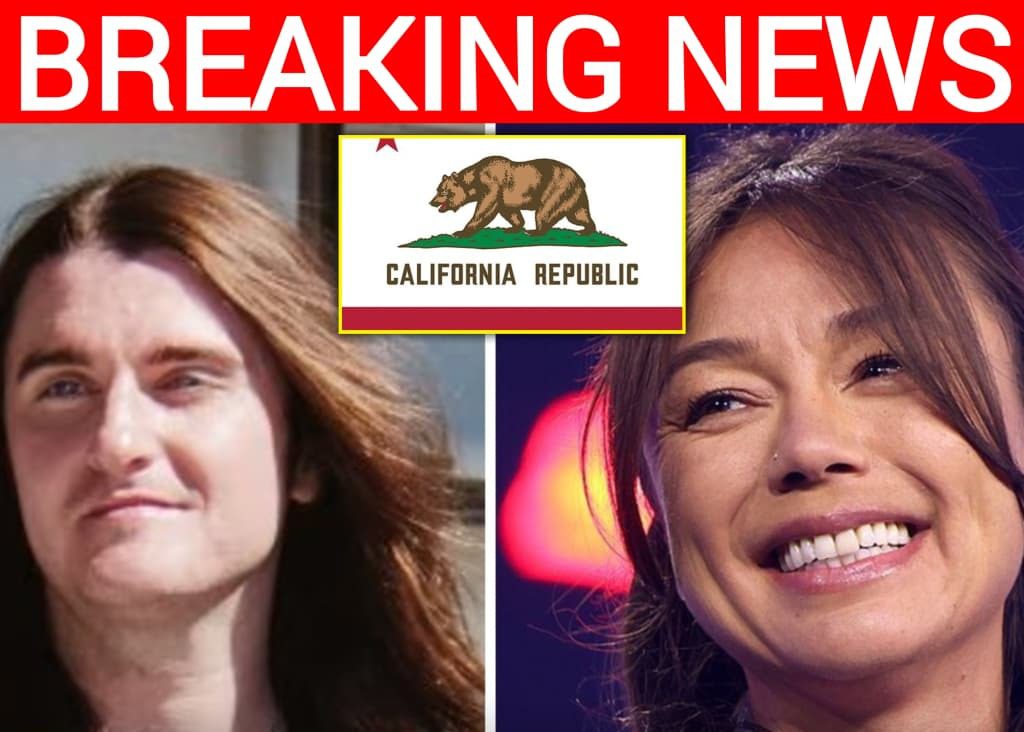Nicole Shanahan and Scott Presler Launch Effort to Put Voter ID on the Ballot in California, Needing Nearly One Million Signatures
The debate over voter identification laws has reached California in a dramatic way, as Nicole Shanahan and Scott Presler are teaming up to gather the nearly one million signatures needed to put a voter ID requirement on the ballot. This effort is nothing short of historic for a state like California, where current laws allow voters to cast their ballots without showing any form of identification, relying instead on self-certification under penalty of perjury. The campaign aims to enshrine voter ID into the state constitution, permanently changing the way elections are conducted in one of the most influential states in the nation.
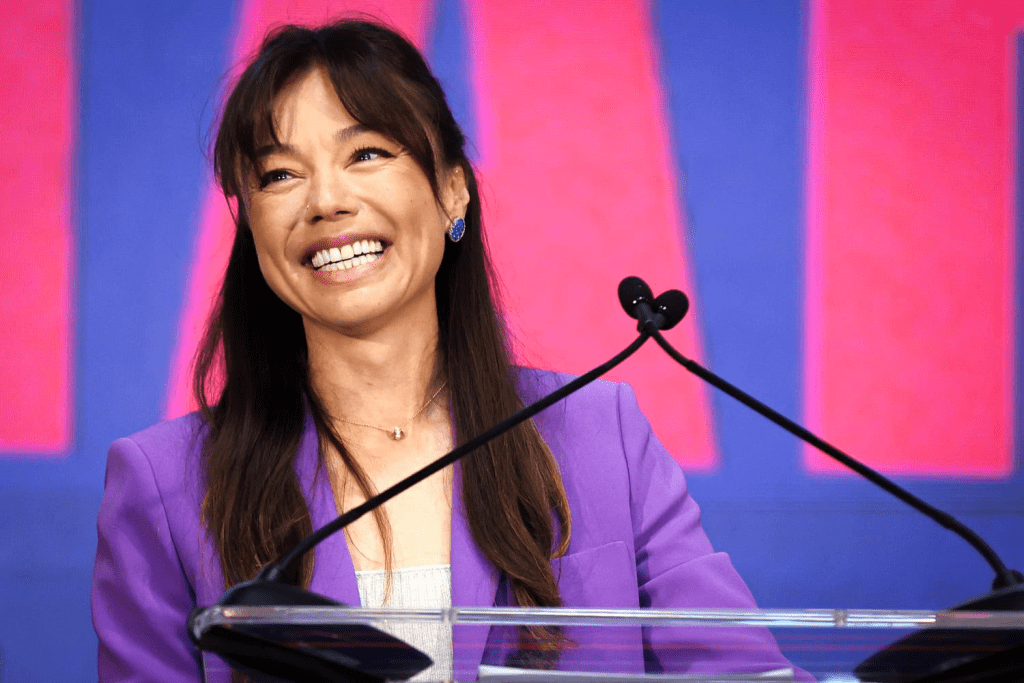
This push comes at a time when questions about election integrity have never been louder. Between 2022 and 2024, California removed 3.2 million inactive voter registrations from its rolls, a massive purge reported by The Epoch Times as part of an ongoing effort to maintain cleaner records. Supporters of voter ID argue that requiring identification is the natural next step to ensure that only eligible voters participate, reducing the possibility of fraud and boosting public trust in the system.
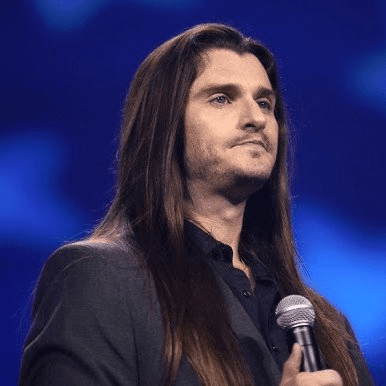
California is unique compared to the rest of the country. While it leans heavily Democratic and prides itself on expanding access to the ballot, it is now facing a challenge that could put it more in line with the 36 other states that require some form of voter ID. According to the National Conference of State Legislatures, these laws range from strict photo ID requirements to more flexible rules where non-photo documents can suffice. If Shanahan and Presler succeed, California would be making a dramatic shift toward stricter election oversight, and that shift would be written directly into the state constitution.
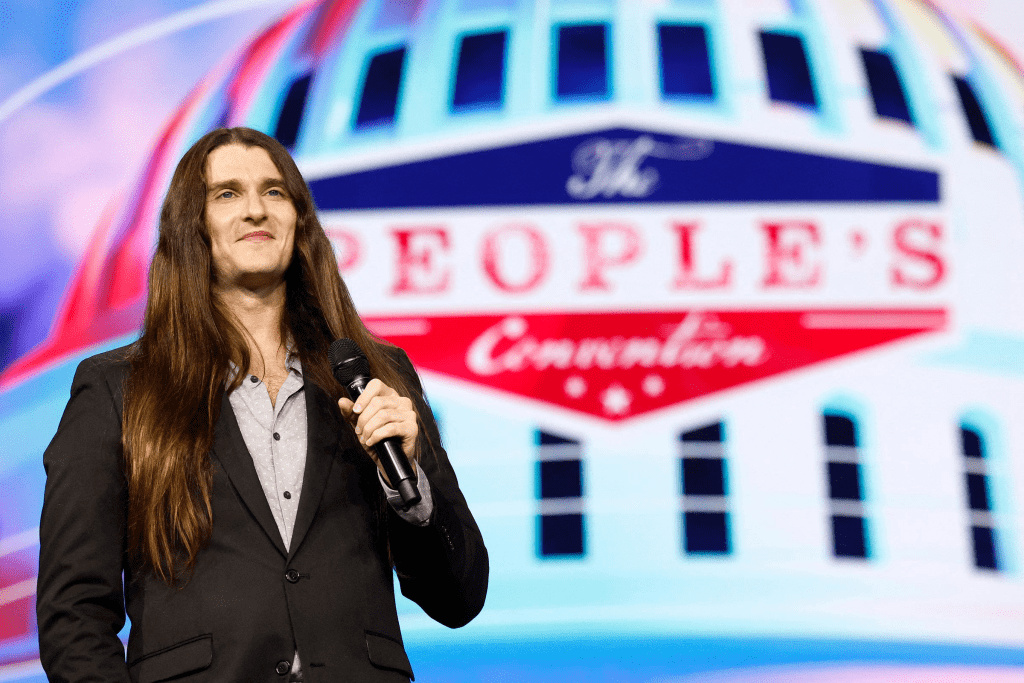
Critics of voter ID laws, however, have long pointed to studies suggesting that such measures can suppress turnout among minority communities, students, and the elderly. A landmark 2016 report from the Caltech/MIT Voting Technology Project found that voter ID requirements can lower turnout by about 2 to 3 percent among eligible voters. While those numbers may sound small, in a state with nearly 22 million registered voters, the impact could be enormous. This makes the fight over voter ID in California not just about integrity but about equity and representation.
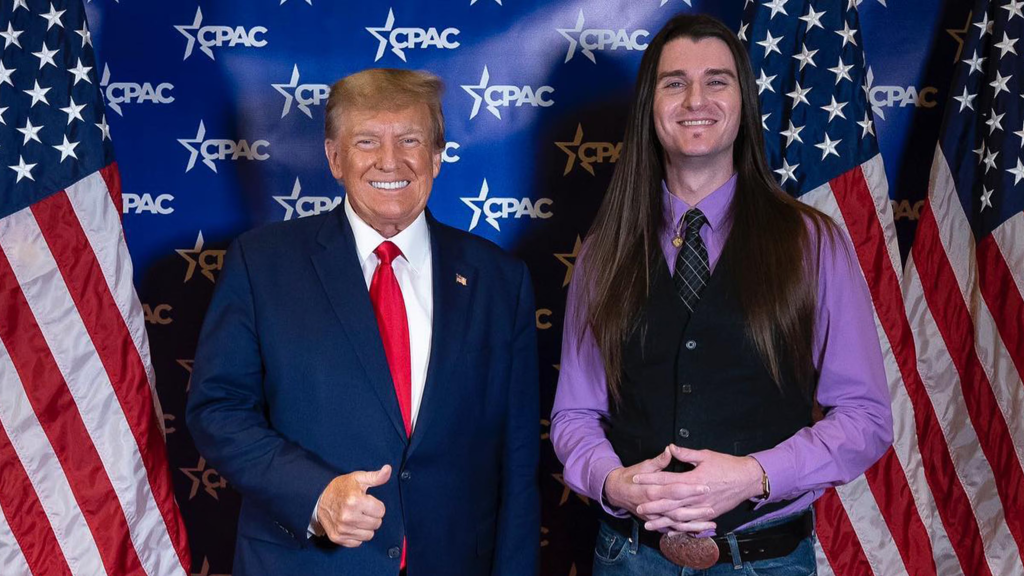
Nicole Shanahan’s involvement is especially noteworthy. As a high-profile figure who has gained national attention in both political and philanthropic circles, her decision to take on this cause signals how important this initiative has become for people across the spectrum who want to address concerns about election integrity. Scott Presler, already well known for grassroots organizing, brings the ground-level energy needed to collect such a massive number of signatures. Together, they form a partnership that blends influence with action, which could be the key to making this initiative a reality.
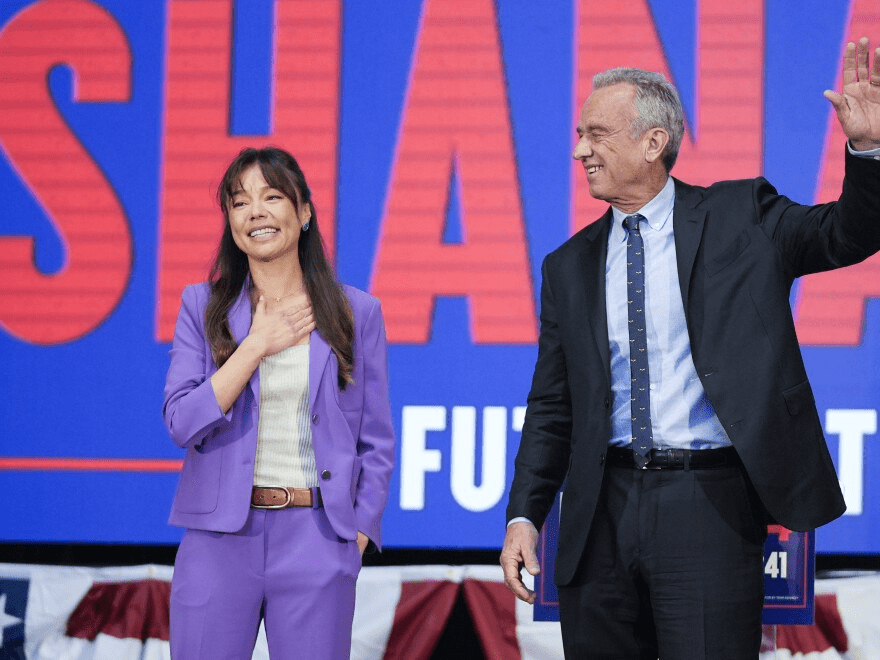
The process will not be easy. Nearly one million valid signatures are required to get the measure onto the ballot, and given the scrutiny initiatives face, organizers will likely need to collect far more to account for any that may be thrown out. Still, the momentum behind the campaign is already building, fueled by those who believe that voter ID is a straightforward, commonsense step to protect the integrity of California elections.
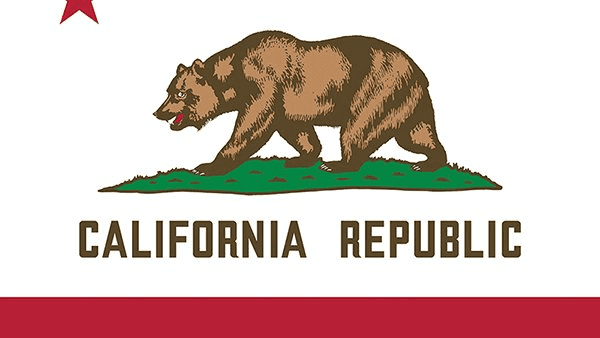
Whether this effort succeeds or fails, it is certain to ignite one of the fiercest debates in California politics in years. For some, it represents a safeguard against cheating and manipulation, a way to restore confidence in the process. For others, it is a threat to accessibility and inclusiveness, potentially silencing voices in communities that already face obstacles to participation. What happens next will say a great deal about the direction California is heading and whether the national conversation around voter ID will reshape even the bluest of states.
